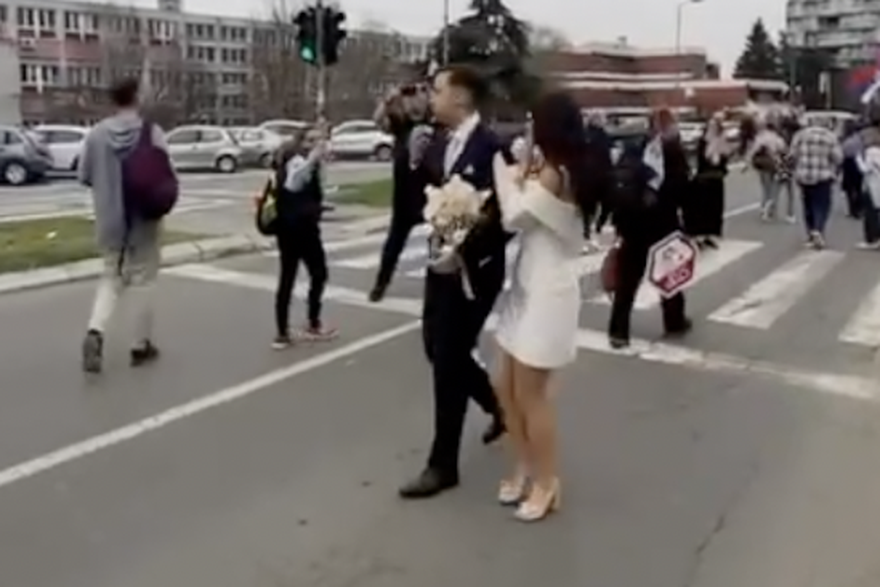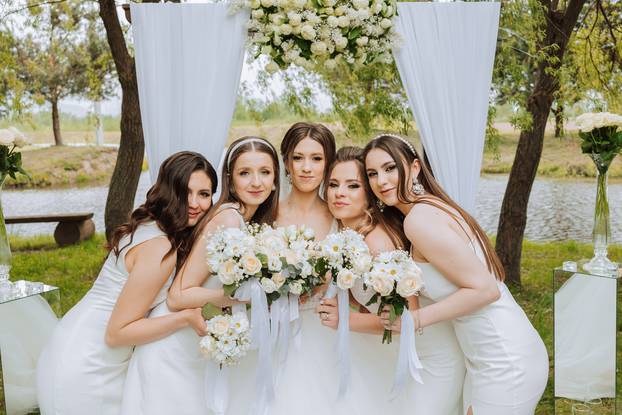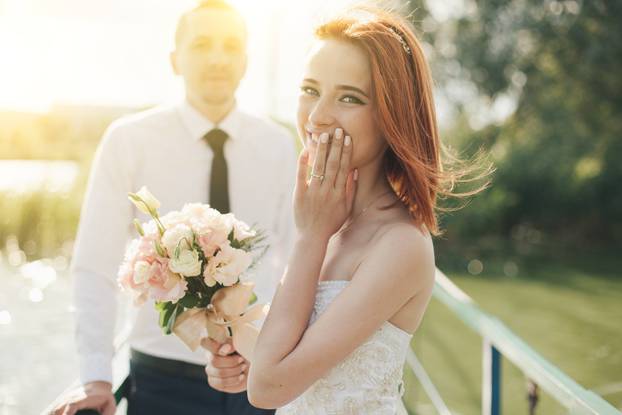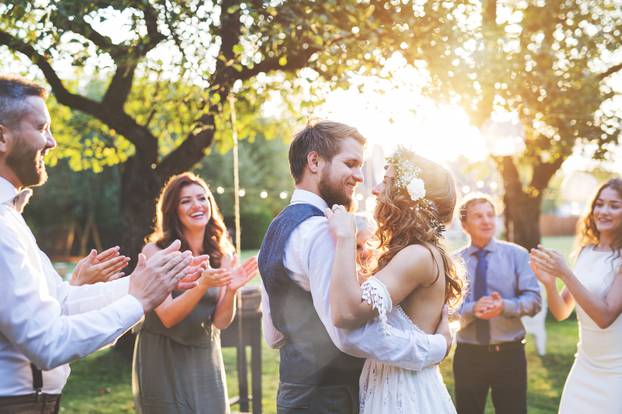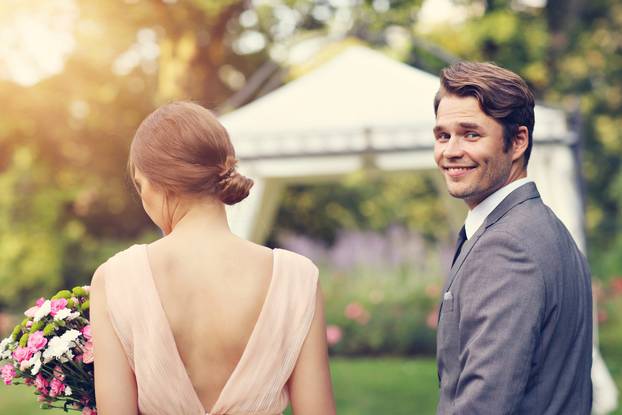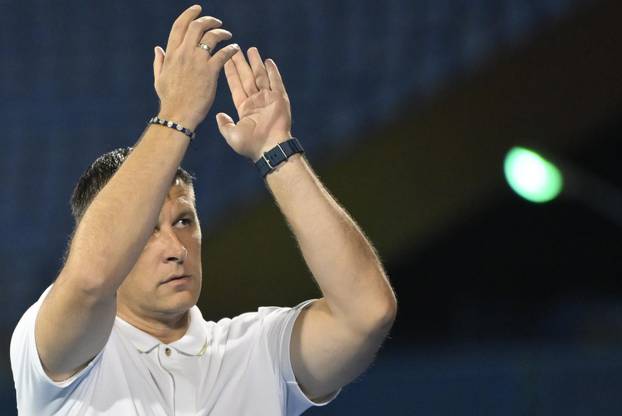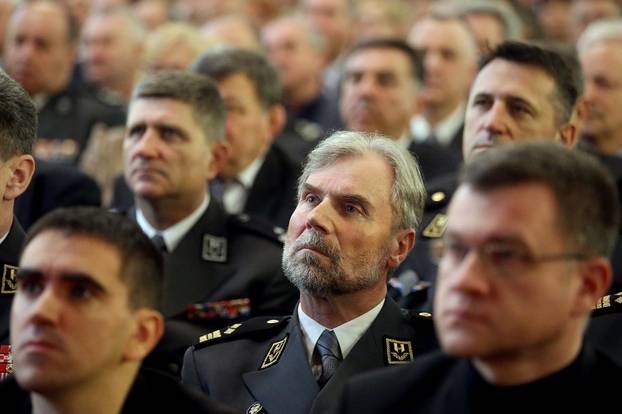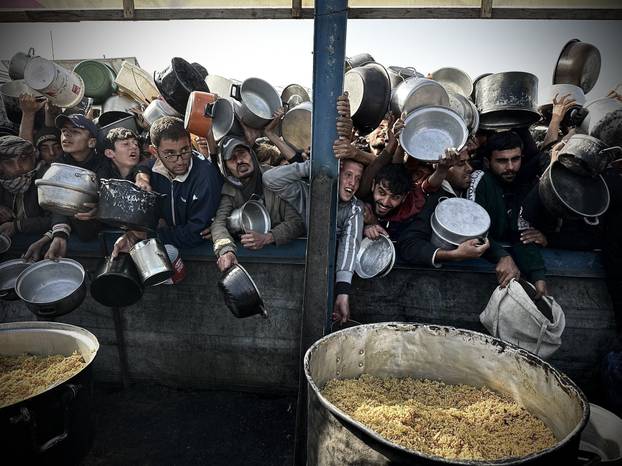Don’t be embarrassed – things that are not done at weddings
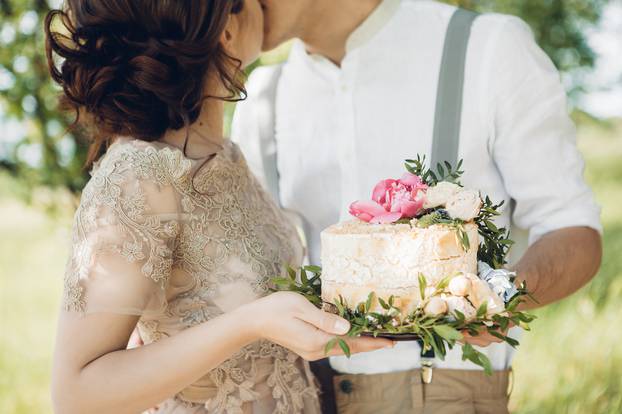
Wedding planning requires a lot of effort, time and money, which is why any guest who ignores unwritten behavior rules can inadvertently cause stress and impair the atmosphere of the most important day in the life of the newlyweds. According to Eti -Hayes expert, Dating trainer Emily Thompson and the Suit Direct Fashion House, Nicole Barker, who often doesn’t notice can make an unpleasant impression and spoil the image of the perfect ceremony.
This is a time when many attend numerous weddings, and that is why it is important to remember the rules of conduct that, although often unsaid, make the difference between a careful guest and the one who exaggerates. Since arriving with an unannounced plus-to-guest to relax with too many drinks from the open bar, there are a number of mistakes that happen more often than you would think.
Watch the video:
00:37
From the wedding to the protest
But experts warn that the worst gaphs are not always obvious. Some of the most unusual moments for the newlyweds are happening precisely because of seemingly harmless omissions – such as delay with confirmation of arrival.
Emily explains that the too late reply that you will not come can completely disrupt the organization: from sitting schedule to the number of portions that catering preparation. Many guests are not even aware of how crucial this data is in the final stages of planning.
Another silent offense of etiquette is the decision to miss the ceremony and only appear at an evening party. According to Emily, it is extremely inappropriate, unless the couple gave the green light in advance for such a decision. The ceremony itself represents the core of the day, the moment in which the couple expresses vows in front of the family and loved ones.
He sends a clear message to this act: you came for food and drink, not for love and support. Jo adds that being called to a wedding is a great honor. If you know you can’t come to the whole event, the couple may have given that place to someone who would respect with respect in the whole experience.
One of the most common doubts is among the guests – whether accompaniment may be brought if it is not clearly stated in the invitation. The answer is very simple: if the invitation explicitly does not state, plus-none is not called. The assumption that you may take the accompaniment without being agreed, not only is it rude, but also extremely egocentric.
Weddings are expensive events with a limited number of places, and each guest is carefully selected. Emily points out that the presence of a unannounced guest is a potential nightmare for the organization – especially when one tries to accommodate their entourage for a table without a place, with the discomfort of everyone present. If there is any doubt, it is always better to discreetly send a message and check.
The issue of longevity of the relationship is also important. He also notes that the consideration of the possibility of bringing accompaniment is usually related to serious, stable relationships – a new sympathy of several weeks is not enough reason for an additional plate at the wedding.
The open bar at the wedding has some acts like an invitation for unlimited enjoyment, but the limit between relaxation and disrespect is very thin. Emily recommends that the guest be limited to one drink per hour, and alcohol should be completely avoided before the ceremony itself.
It often happens that someone, obviously under the influence of drinks, forgets the reading text, misses a step in the walk down the passage, or simply leaves an impression that is long remembered – unfortunately, not good. Especially for those who are part of the wedding procession, the maintenance is a sign of respect and support.
He still warns that you should never get drunk. « Any level of drunkenness is a mistake, regardless of family customs. There is no category ‘acceptable drunk’ in Ebioton, » he points out. A couple pays for each drink, and ordering five consecutive rounds is neither humorous nor decent. A discrete glass of champagne or beer as you get ready can pass, but in general – it is better to be restrained than to risk unpleasant scenes.
Even choosing clothing is not without rules. Although we live in a time when fashion is increasingly individualized, weddings still have their code. He still points out that women should not wear white – whether it is snow -white, cream shades or very bright pastel tones.
Anything that gets too close to the appearance of the bride’s dress can be interpreted as an attempt to get attention. Red, albeit striking and popular, it also causes controversy because it is considered too challenging in Western culture for such formal occasions, while black is still discomfort in some families because it is associated with sadness.
In the end, Nicola Barker recalls that the best fashion choice is based on a simple rule – dress in accordance with what the newlyweds have imagined. Respect Dress Code from the invitation. Even if it is a more relaxed wedding on the beach or in the yard, this is not a reason to appear in jeans and sneakers. It is better to be a crumb on overdressed than to leave the impression that you have not understood the importance of the day, writes Daily Mail.

